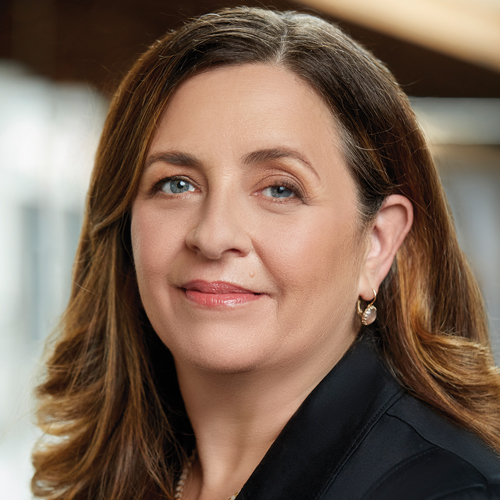
YouTube had one heck of a 2021 third quarter, with ad revenue alone climbing 43% to reach $7.2 billion. And that ad revenue doesn’t even include subscription revenue, which one could assume is also well into the billions, considering the app hit 50 million subscribers for ad-free content and music. You read that right. It’s a new record for the video platform, and it was in large part due to Daniels and several significant strategic changes her team implemented throughout 2020 and 2021 including moving YouTube Originals out from behind a pay wall and narrowing the programming focus. Daniels is full of advice to her peers on how to achieve pay equity, including: “In my experience, women, more often than men, leave money on the table. Ask for 20% more than what you believe is the range for the level you seek.”
What question(s) should you ask to ensure you’re achieving pay equity?
Years ago, I was leaving a job before my contract ended and I told my (awesome) lawyer just to “settle me out.” She paused before explaining to me that her male clients in the same position tell her to get them paid out in full. She then proceeded to do exactly that for me. I’m not sure why women are more demure about seeking compensation that is market value (or better), but I’ll admit that I too find it awkward. We must try to get past that “awkward feeling!” I consistently coach female friends to be more aggressive in their salary negotiation. Try to discover what people are making at similar levels at comparable jobs. In my experience, women (more often than men) leave money on the table. Ask for 20 percent more than what you believe is the range for the level you seek. In addition, keep in mind that there are variations on a theme in any potential deal. For example, can you get a signing bonus? Can your annual bonus have a floor which is over 50% of your salary? Exactly when and how do your stock options vest? (Some should vest upon signing.) When are you eligible for a raise? Will you be attached to all sequels? Ask a lot of questions! Women need to properly vet the situation and share (with other women) negotiation tactics and deal possibilities and how it differs from company to company.
What one female empowerment book do you think every woman should read?
I loved and was inspired by Michelle Obama’s book, “Becoming.” That said, there’s not just one book every woman should read…women should read (or watch) anything and everything that speaks to them. Some of my favorites include Brene Brown’s “TED Talk,” the HBO series “Hacks,” Rebecca Solnit’s collection of essays called “Men Explain Things to Me,” Nell Scovell’s “Just the Funny Parts” and Sheryl Sandberg’s “Lean In.” I’m also looking forward to reading Anita Hill’s new book, “Believing.” Truth be told, I enjoy women’s magazines. In October’s issue of Real Simple there’s a piece in which readers offer their “controversial food opinions” which range from “kale is a hoax” to “no warm fruit: cobblers and crumbles can go to hell.” That sounds like empowerment to me.